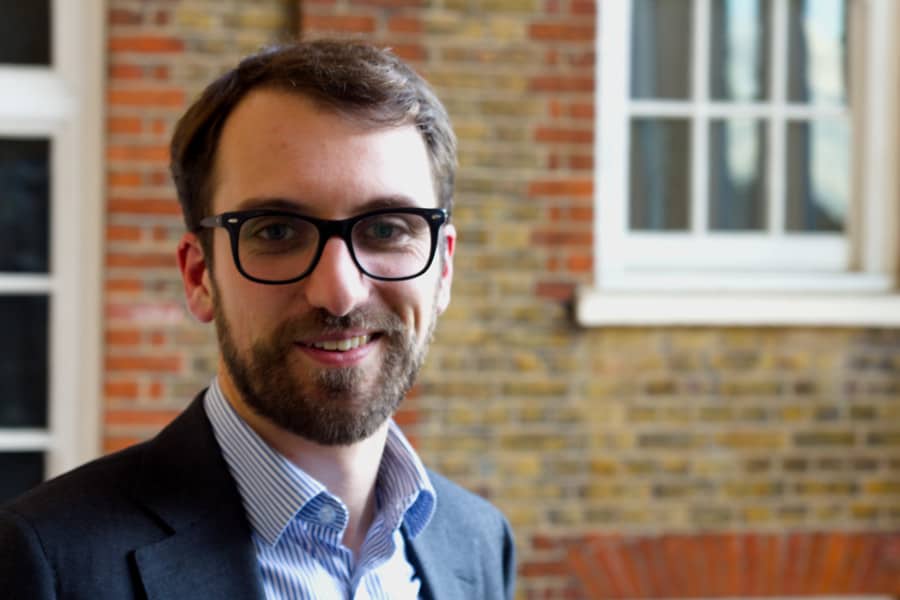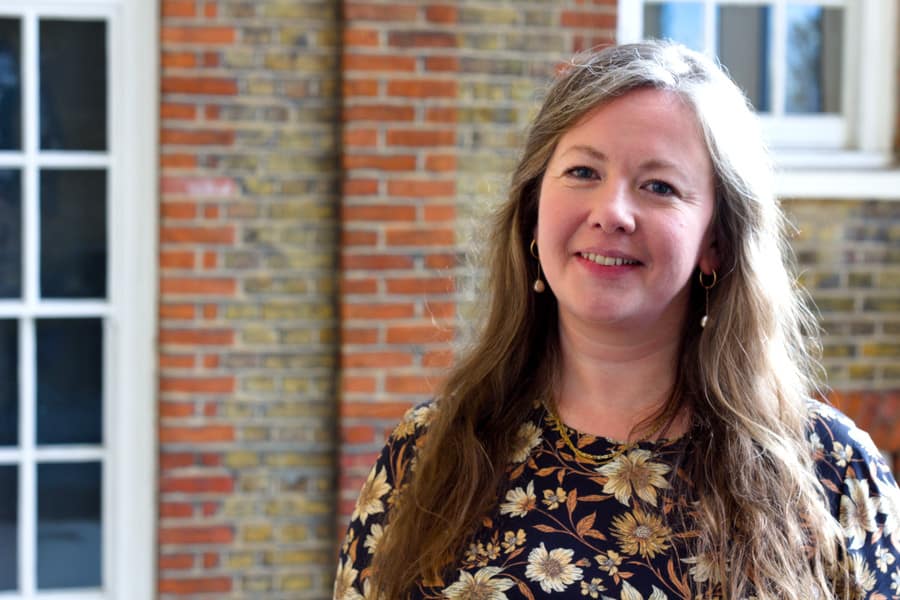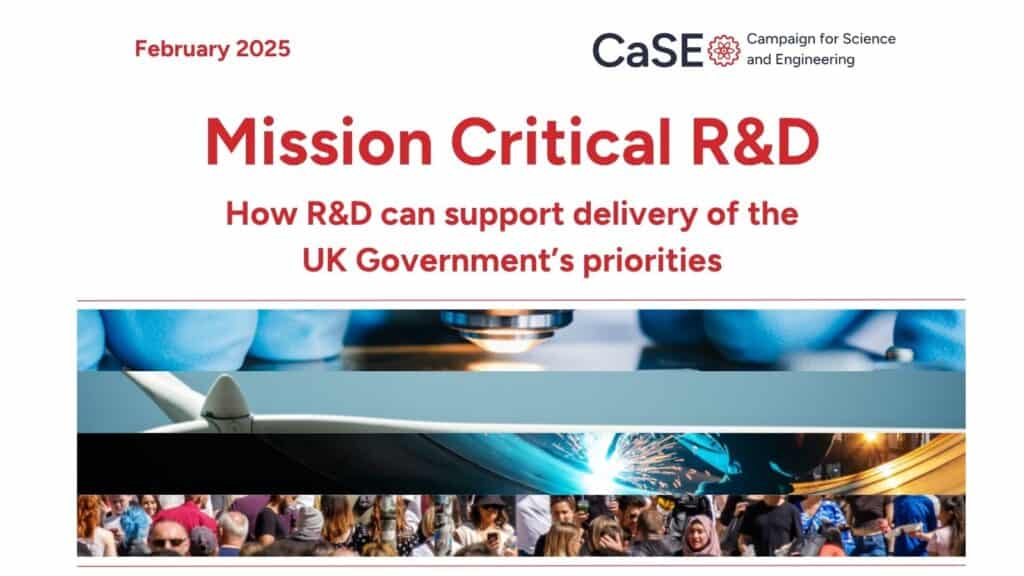
Dr Ben Bleasdale
Director of the Discovery Decade

Dr Rebecca Hill,
Advocacy and Engagement Manager
Public finances are increasingly stretched and, as the widespread concerns ahead of last month’s Budget[A1] demonstrated, there are no guarantees that research and development (R&D) will be protected.
Engaging with the public might not feel like the priority at times like these. But at the Campaign for Science and Engineering (CaSE), we believe there is no better time to strengthen the connection between the R&D community and the public.
It’s not just about championing the excellent research that’s tackling society’s biggest problems. It’s about recognising that, if our sector is asking for public funds when the purse strings are so tight, we owe taxpayers a clear and compelling justification for R&D as a national priority. Doing so offers a chance to radically transform our advocacy position, by creating a research system that feels more human and more local to more people across society.
This is the basis for the Discovery Decade, a Wellcome-funded programme that has allowed us to explore public attitudes to R&D, and then use these insights to develop tools for those who want to make R&D matter to more people.
Our extensive public attitudes research – comprising nine nationally-representative polls surveying a total of more than 30,000 people, along with 20 focus groups – offers a wealth of insights into how we can better engage with public audiences.
It has showed us that, while most people think R&D is important, it isn’t seen as urgent. Many view R&D as an abstract activity; they don’t feel a strong connection to it and can’t identify how it benefits them or their loved ones. This connection is notably weaker among younger age groups, who are less likely to see R&D’s benefits or support investment.
Understanding what works is vital, and our evidence suggests we need to emphasise purpose and place. Linking R&D to the problems it is trying to solve drives up support, while people often express pride in, and support for, local R&D. For instance, 66% would support a new research lab being built in their area, citing benefits to the local economy and jobs.
There is also demand for information: 65% would like to hear more about local R&D and 56% agreed they would trust people who work in R&D to talk about its benefits, with just 8% disagreeing. Wider CaSE polling shows that, when asked to rank which professions they trust the most, scientists come top.
As a sector, we have an immediate opportunity to tell better stories about nearby R&D. CaSE has piloted one approach in three areas in the UK, where we convened groups of organisations rooted in their localities to think about how they can work together to make R&D part of local identities. These ideas were developed into design concepts, and one has led to a billboard campaign in partnership with GSK, Airbus and Stevenage Borough Council, which will be up in Stevenage and King’s Cross stations later this month.
CaSE is far from the only organisation that recognises the value of local connections. UK Research and Innovation’s Strength in Places fund offers support for research that drives local economic growth, while the civic university movement – spurred by the 2019 Civic University Commission – is seeing universities’ strategies increasingly focusing on the broader economic, social, environmental and cultural benefits they bring to localities.
The importance of universities’ role as anchor institutions cannot be overstated. However, our research shows that many people aren’t aware of the breadth and depth of university R&D or the diversity of roles that support it. In focus groups, participants spoke about R&D being done by university students or lecturers in their spare time – and we know that some don’t feel that campuses are a place ‘for them’.
We urge universities to further open their doors to the public and champion more of the research community as messengers. Focus group participants actively sought out connections between R&D projects and their own lives or local areas; universities can be at the centre of that.
To support organisations that want to engage different audiences, CaSE has developed a set of evidence-led guides that offer advice on the most effective messages and tips on terminology. They also include key statistics that can be copied into other materials – whether briefings for senior leaders or funding bids.
CaSE has been putting this into practice, including in the General Election, where we used our insights to engage with the new cohort of MPs and nurture a broader pool of political supporters for R&D. We built on this in the run up to the recent Budget – emphasising public support for research to tackle major problems – and will continue to build the public’s perspectives into our policy work.



